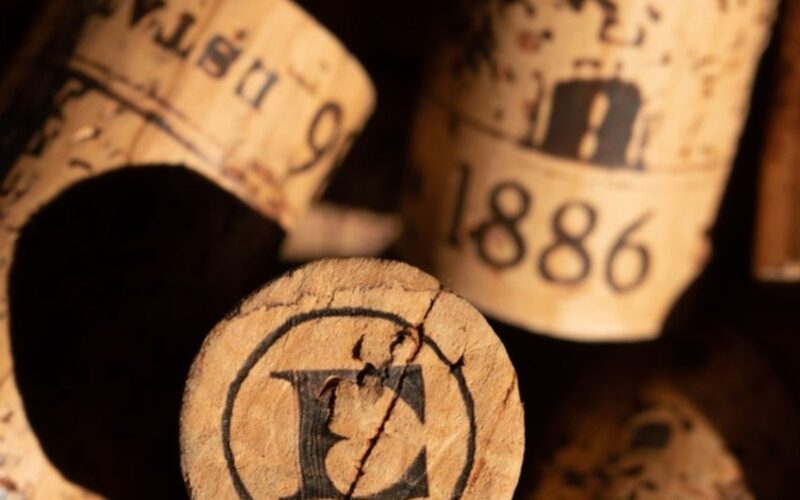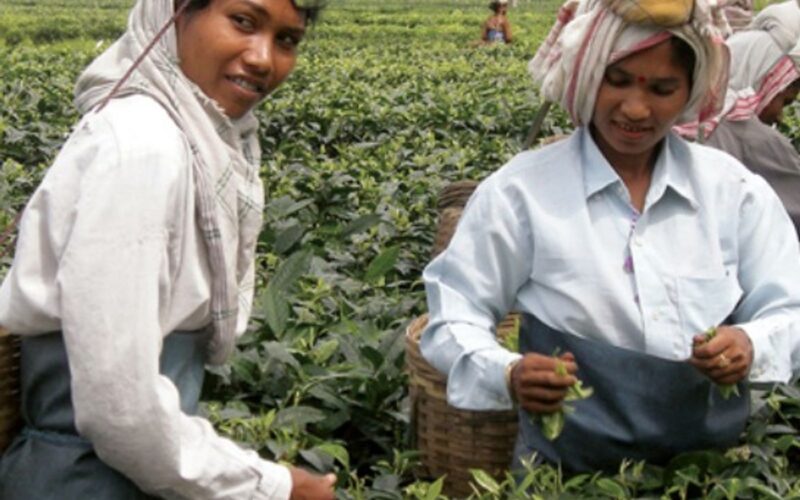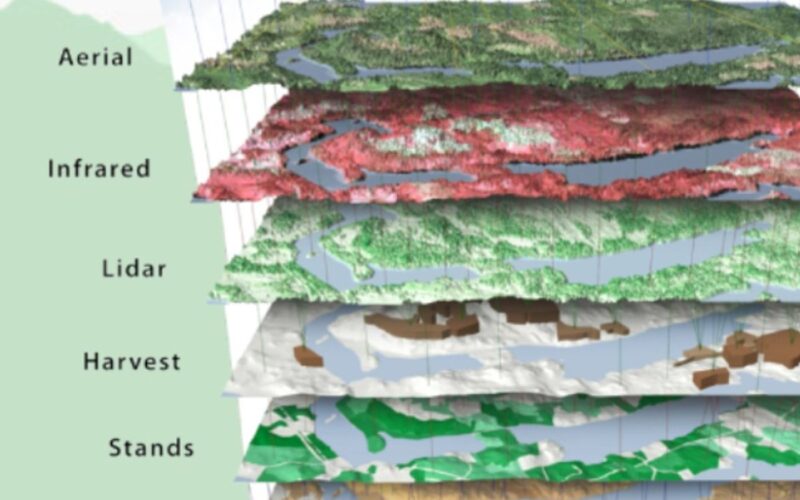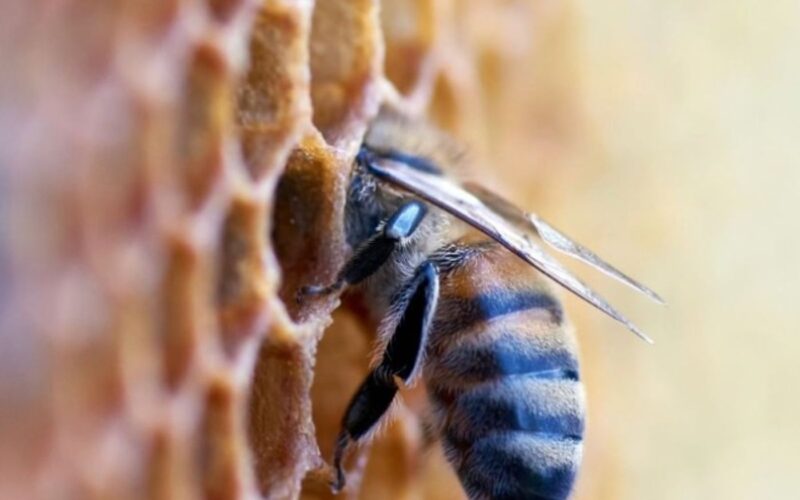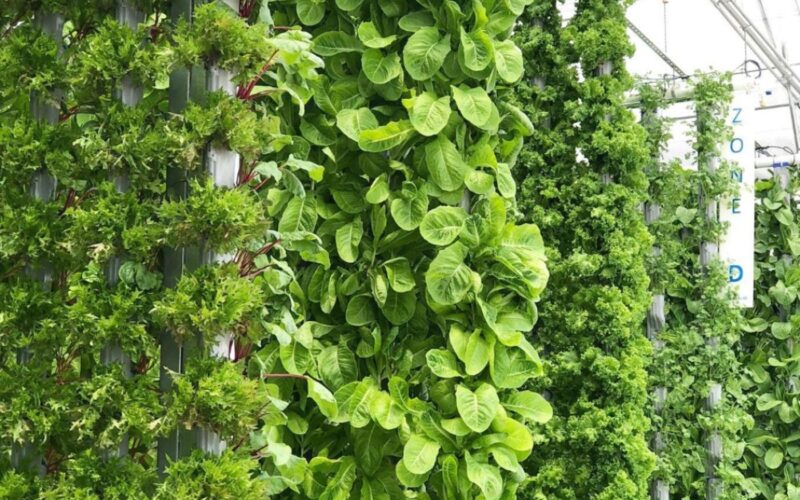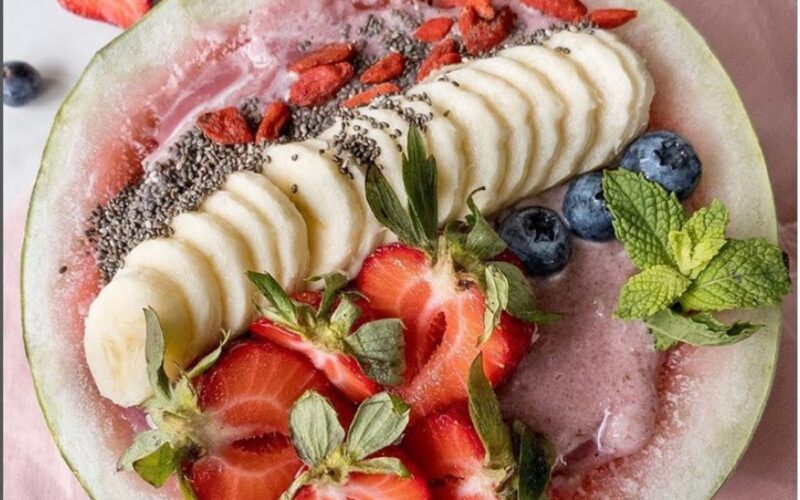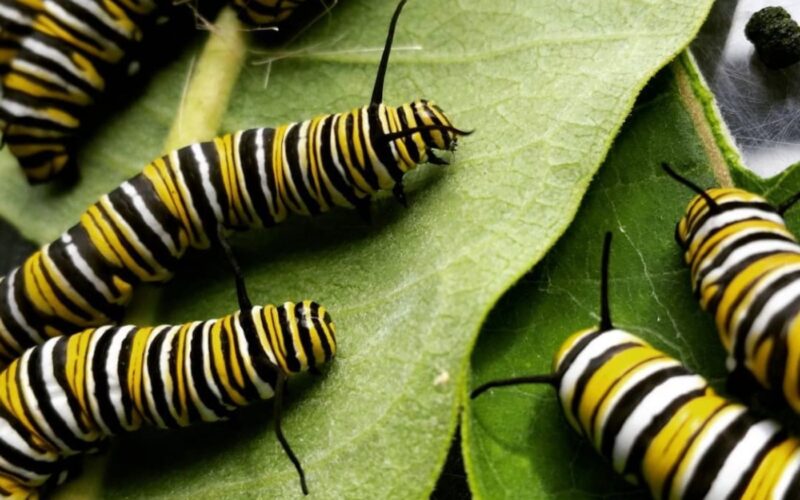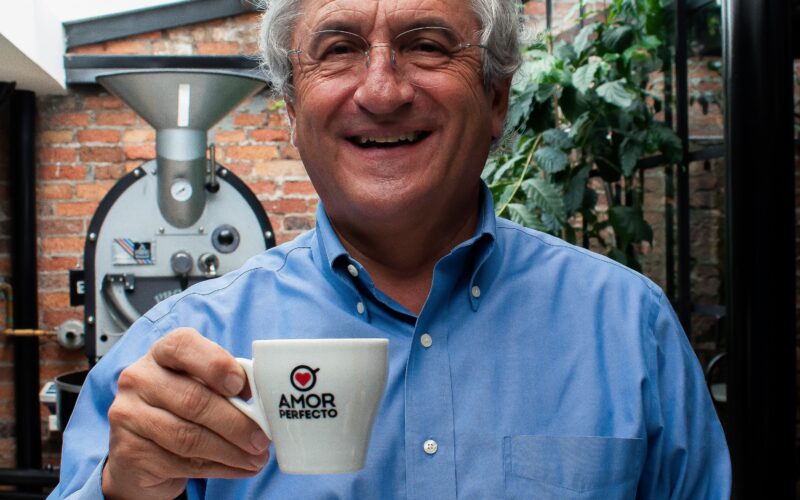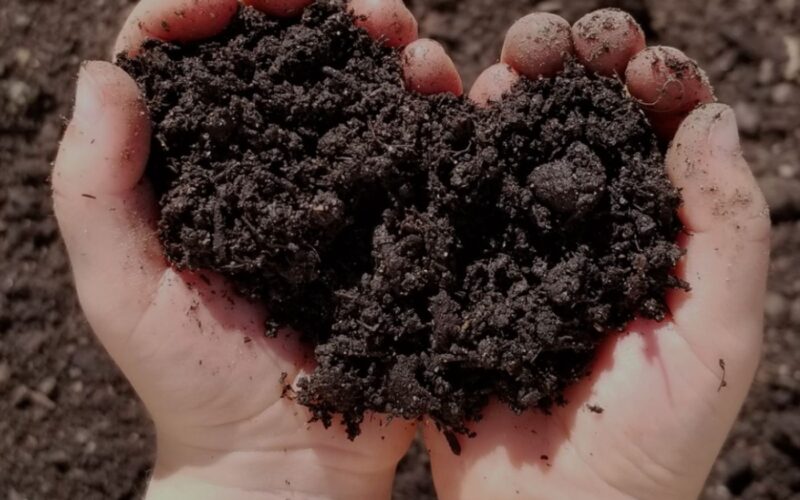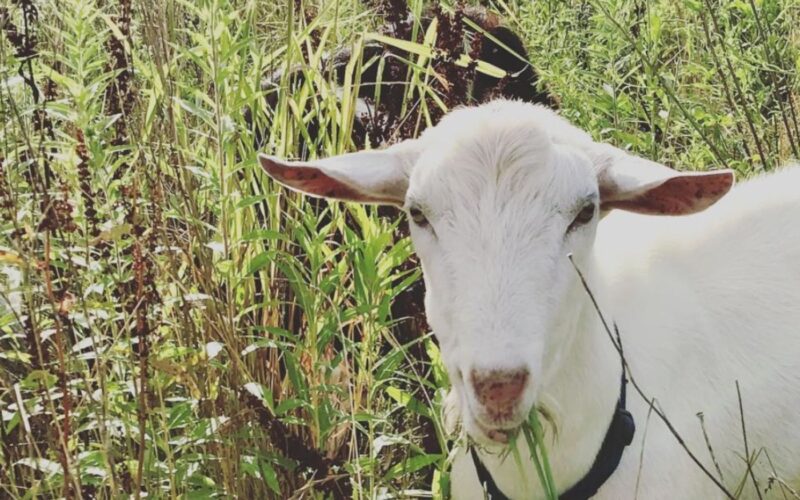9: Ehlers Estate – Sustainable Winemaking
With summer fast approaching, sipping a glass of wine, we wondered about the practices of vineyards – a highly competitive and commercialized industry. Around the same time we were pitched by Ehlers Estate for an interview with their General Manager and Winemaker. In our conversation with several of the mindful business leaders, we sought insights into the economics of running a sustainable and profitable business. The strategies that they use to achieve sustainability goals and still be profitable.
In this episode we talk with Laura Diaz Munoz, Winemaker and GM of Ehlers Estate about her journey from a food scientist to a winemaker and a sustainable one at that. Ehlers Estate is one of the oldest wineries in North America established in 1886 by a German immigrant Bernard Ehlers. On July 1, 2008, after three years of verifiable organic farming, Ehlers Estate was awarded organic certification from the California Certified Organic Farmers (CCOF). But that was not enough – they went on to implement steps to include regenerative farming practices. Using nature to help solve nature’s problems with minimal or no intervention. Interventions whether it be in the yeast or sulphurs in their heritage wine, use of fungicide or pesticides. They employ innovative techniques to reduce water consumption during irrigation and reuse the water used in the wine making process. In addition, with the use of technology, such as sensors in the soil they can determine accurately how much to irrigate the vines, further conserving water, a scarce resource. In this enjoyable conversation with Laura Díaz Muñoz, her passion for saving the heritage vines and artistically creating wine blends that bring out the flavor and aroma of each fruit in the blend. But for me, the cherry on the top of this business is that this for – profit business is part of Leducq Charitable Trust – an international grant making organization to support research in cardiovascular disease and stroke. Learn more about this mindful business on this episode of Mindful Business.
#sustainablewines #sustainablefarming #wines #wineplague #delucqfoundation #delucq #mindfulbusinesses
Read More


